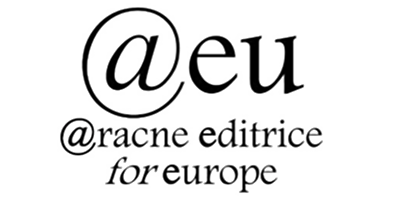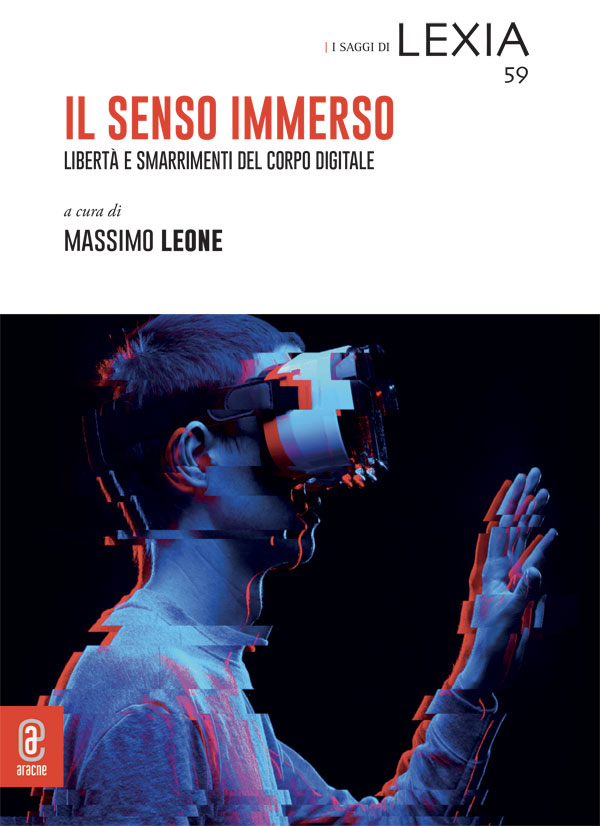Extracted from publication Il senso immerso
Immersi nel pianto. De Martino, Warburg e le immagini del lamento
DOI: 10.53136/979122181652520
Pages: 443-463
Publication date: February 2025
Publisher: Aracne
SSD:
M-FIL/04 M-FIL/05
In Death and Ritual Mourning (1958), Ernesto de Martino recounts the testimonies of some of Pierre Janet’s patients, cases that can be traced back to the psychopathological state of disorientation threatened by the “mourning crisis”. The crisis of mourning is described as a chaotic immersion, an indistinction between subject and object, a psychic and aesthetic confusion between the individual and the surrounding world. In this context, magical-religious practices emerge as forms of collective management of immersion; funerary ritual gestures as techniques of shaping experience, suggesting ways of mourning to the individual. Religion here is not a fusion with the transcendent, but an exercise in detachment, in distancing oneself from the world. As famous scholars such as Carlo Ginzburg have argued, the relationship between orientation, detachment and gesture established by de Martino echoes the function of the mythical-religious image in Aby Warburg’s thought: for Warburg, it is images that offer direction to expression and mediation to experience, starting from the use of formulas of mourning. Based on a dialogue between the Italian historian of religions and the German art historian, the article examines the relationship between mourning, immersion and lamentation, in an attempt to construct a theoretical framework that can open up consideration of the revival of traditional images of mourning. This can lead us to interpret contemporary representations of mourning in the digital and virtual environments as reconfigurations of traditional iconographies of mourning, as new cultural ways of expressing and experiencing grief.




